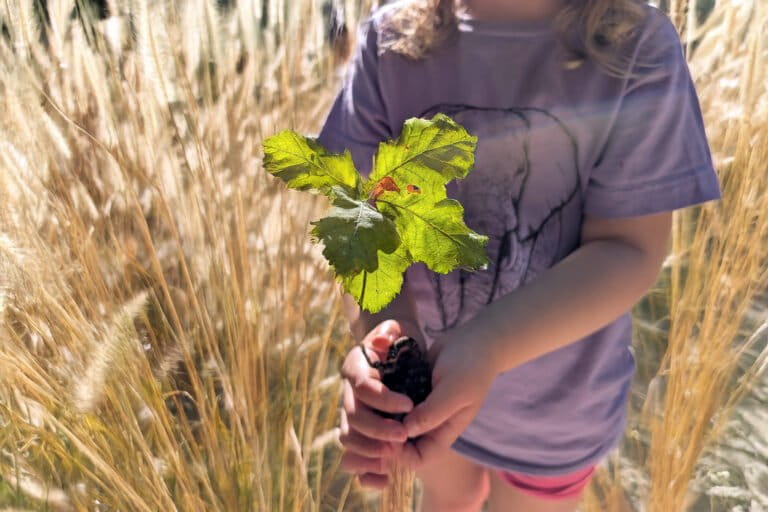The U.K. government and Dutch development bank FMO committed $55 million toward commercial tree plantations primarily in Brazil’s Cerrado savanna. The agreement, announced Sep. 24, was struck with Latin America’s largest investment bank, BTG Pactual, through its forestry project, the Timberland Investment Group (TIG).
However, Mongabay investigations have raised concerns about the project. The reforestation project involves buying up pasturelands close to the construction of the world’s largest paper and pulp factory and turning them into eucalyptus monocultures.
According to experts, tree plantations are exacerbating, rather than helping, the Cerrado’s environment challenges.
“The Netherlands and the UK are investing in false solutions. Tree plantations are part of the problem. They are fast growing and therefore use vast amounts of water, depleting water sources,” Merel van der Mark, the Forests & Finance Coalition coordinator, wrote to Mongabay. “Monoculture tree plantations are a tremendous fire hazard, a biodiversity desert and use huge amounts of pesticides.”
Brazil’s Cerrado savanna, crucial for regulating 40% of Brazil’s freshwater, is facing its worst drought in 700 years, and the high water consumption of eucalyptus monocultures, 30-60 liters (8-16 gallons) of water daily per tree, is worsening drought conditions linked to climate change and extreme weather.
The recent announcement comes just a week after Meta, the owner of Facebook and Instagram, committed to buying up to 3.9 million carbon credits from the same group.
As of 2023, BTG Pactual held $67 million in shares and bonds at the global pulp and paper giant Suzano, which also owns the paper and pulp processing factories in the region where TIG is investing. On Aug.1, TIG also sold 2.1 billion reais ($385 million) worth of tree farms to Suzano.
BTG Pactual’s environment policies were rated 0.9 out of 10 by the Forests & Finance policy assessment platform given their heavy investments in companies linked to deforestation, mostly in the beef and pulp sectors.
Huib-Jan de Ruijter, an executive at the Dutch development bank, praised the project for its “potential attractive financial returns” in a press release. “We look forward to continuing to attract much-needed institutional capital to the sustainable forestry sector with innovative blended finance structures,” he said.
Forestry investments are gaining traction as a financial product that can balance out risk for investors. Instead of investing in a single tree farm, the portfolio allows investors to spread out risk from climate factors, like wildfire.
TIG profits by offering private equity fund shares to large investors, earnings from timber sales to the paper and pulp industry, land speculation and, more recently, carbon credits.
Large investment funds now own roughly 90% of planted forests in Brazil’s Mato Grosso do Sul state, where part of the Cerrado is located.
Banner image: Conservationists say that eucalyptus monocultures exacerbate drought conditions due to their heavy water consumption. Image © Daniel Beltrá/Greenpeace.














